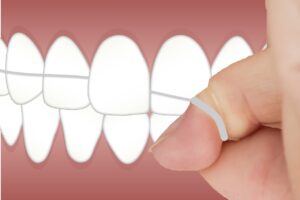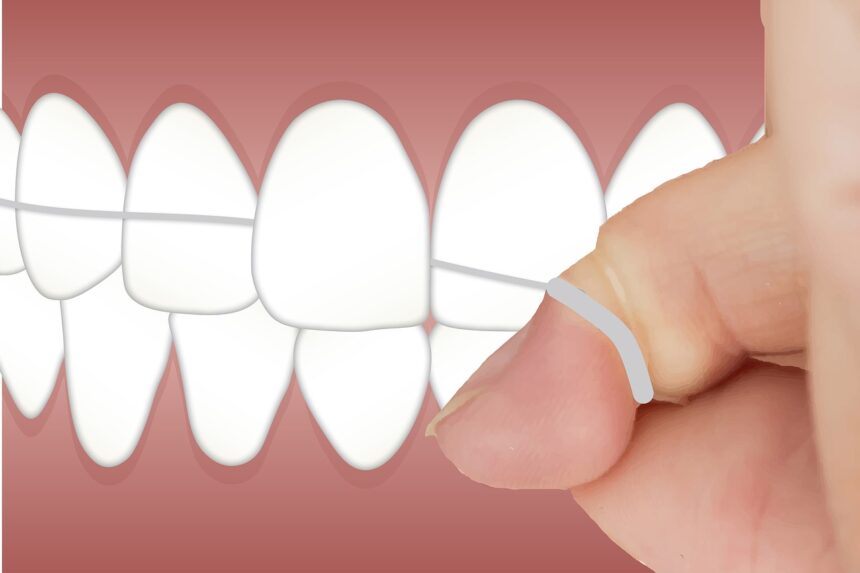Maintaining good oral hygiene is crucial for overall health, and one of the most vital aspects of oral health is caring for your gums. Gums help your teeth stay in place and help prevent painful issues like exposed nerves or holes between teeth. Neglecting your gums can lead to severe consequences, including gum disease, tooth loss, and systemic health issues like Cancer.
But knowing how to care for your gums properly and the importance of gum care isn’t taught in schools. Most people think they are “brushing their teeth” because of how it is phrased. But more important than brushing your “teeth” is properly caring for your gums. Here, we’ll look at the best methods for proper gum care and highlight the potential consequences of poor dental hygiene.
Why Caring for Your Gums Matters

Gums play a pivotal role in maintaining the stability and health of your teeth. They support the tooth roots, protect the underlying jaw bone, and create a tight seal around the teeth that help prevent harmful bacteria from entering the bloodstream. We have an “oral biome” similar to our “gut biome.” A lot happens in the mouth, and gums play a significant role in that ecosystem and equilibrium. Healthy gums are firm, pale pink, and fit snugly around the teeth. However, poor dental hygiene can disrupt this delicate balance and lead to gum disease.
Effective Gum Care Techniques:
Caring for your gums is easy; you likely do at least one of these already. It doesn’t take much to complete your oral hygiene routine and turn these essential aspects into lifelong habits. Your teeth, gums and overall health will thank you.
- Brushing: Proper brushing technique is essential for gum health. Use a soft-bristled toothbrush and fluoride toothpaste to brush your teeth at least twice a day gently. Pay attention to your gum line, using a gentle circular motion to remove plaque and debris. Do not brush hard or draw blood, as you can erode the gum lining.
- Dental Flossing: Flossing helps remove plaque and food particles from areas a toothbrush cannot reach. Make it a habit to floss at least once daily, gently sliding the floss between your teeth and the gum line. Use a “U” or “V” like motion on each side of the tooth to ensure thorough cleaning.
- Mouthwash: Rinse with an antimicrobial mouthwash to help reduce plaque and bacteria that can lead to gum disease. Consult your dentist for recommendations on the most suitable mouthwash for your needs; usually, one with no alcohol is preferred.
- Regular Dental Check-ups: Schedule regular dental visits for professional cleanings and examinations. Your dentist will assess your gum health, clean your teeth thoroughly, and identify any early signs of gum disease or other oral health issues. They may recommend a new toothpaste or change in your toothbrush, or spot a problem before it becomes a serious concern.
Consequences of Poor Dental Hygiene:
Many painful, unsightly, and costly issues can arise from poor dental hygiene and ignoring your gums. Here is a short list. If you take anything away, it should be the simplicity of caring for your teeth and gums versus the pain and costs of the consequences.
- Gum Disease: Poor oral hygiene can lead to gum disease, aka periodontal disease. Gingivitis, the early stage of gum disease, causes red, swollen gums that may bleed easily. If left untreated, it can progress to periodontitis, where the gums pull away from the teeth, forming pockets that become infected and are extremely painful. This can lead to bone and tooth loss that require more complex dental care.
- Tooth Loss: As gum disease progresses, the infection can weaken the supporting structures around the teeth, including the gums, bone, and ligaments. This can lead to tooth loss, which carries a mental health and quality of life toll as eating and speaking is more challenging.
- Systemic Health Issues: Poor oral hygiene and gum disease have been linked to several systemic health conditions. Studies have found associations between gum disease and cardiovascular disease, diabetes, respiratory infections, weight gain, and even adverse pregnancy outcomes. Maintaining healthy gums is vital for overall well-being.
Care for Your Gums with the Right Dentist
Caring for your gums is essential to maintaining good oral health and overall well-being. You can significantly reduce the risk of gum disease and its consequences by adopting proper oral hygiene practices, such as regular brushing, flossing, and dental check-ups. Remember, healthy gums support your teeth and contribute to your overall well-being. Make gum care a priority, and enjoy a lifetime of beautiful smiles and optimal oral health.
Here in Southern Brooklyn, New York, you have many dental care options. For the best South Brooklyn NY Dentist, look no further than Coney Island Dental, where we’ve proudly served the neighborhood for over 40 years.


